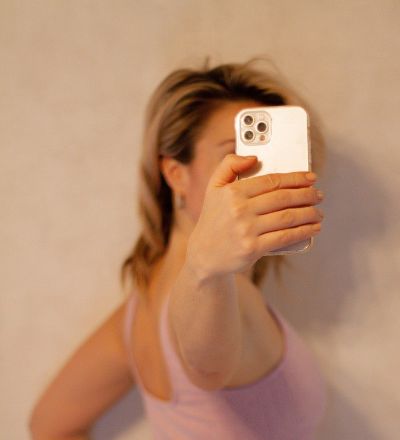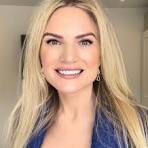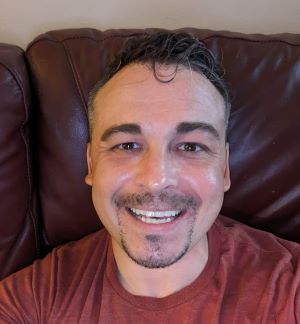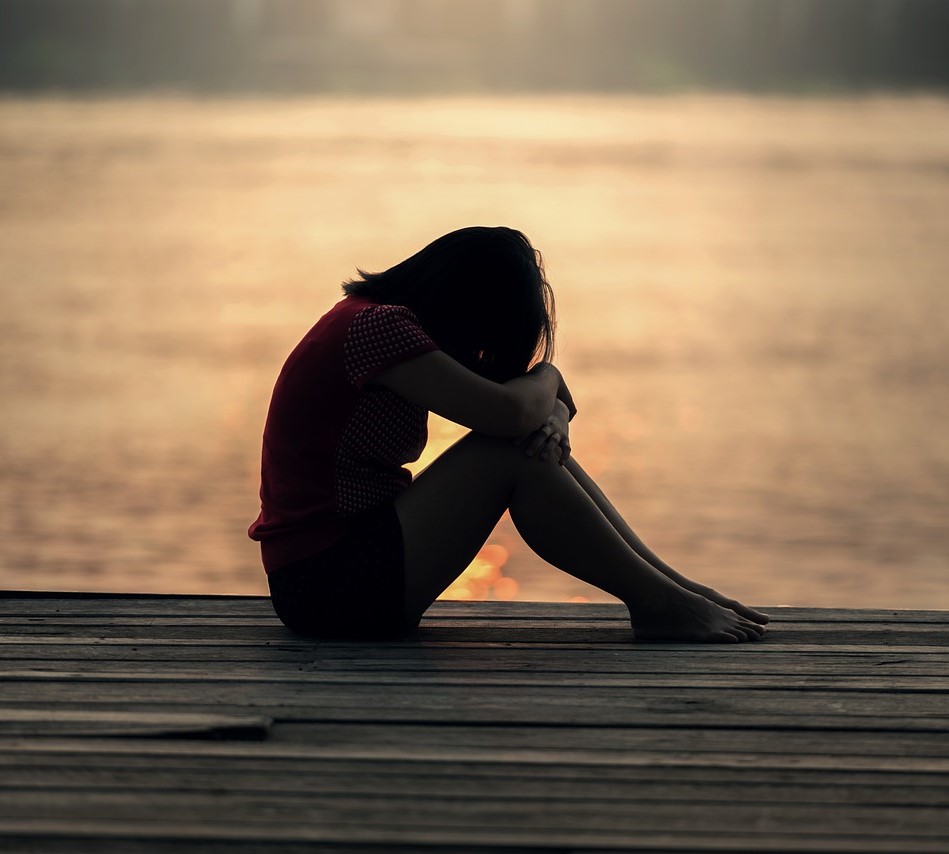My Journey as a BDD Advocate

My Journey as a Body Dysmorphic Disorder Advocate
Posted
I shall be telling this with a sigh
Somewhere ages and ages hence:
Two roads diverged in a wood, and I—
I took the one less traveled by,
And that has made all the difference.
(from “The Road Not Taken” by Robert Frost)
What do you want to accomplish in life? What are your goals, hopes, and dreams?
Therapy and medication enabled me to overcome body dysmorphic disorder (BDD) when I was thirty-six. Since then, my goal has been to raise awareness about this debilitating yet underrecognized body image disorder. I wanted people with body dysmorphic disorder to live a life free from the shame and depression I had experienced for nearly 15 years. But what could I do to help others diagnose themselves and get the treatment they needed?
I knew my personal story was one of many. Millions of men and women suffer from this disorder. Significantly less get the help they need to recover. Everyone’s story is different and important. I wanted to learn how other people were coping with and overcoming BDD. Doing more research on the topic seemed like the best way to accomplish that goal.
My journey from getting a PhD to writing a book about BDD
I decided to combine my desire to get a PhD in communication with my goal of raising awareness about BDD. In 2008, I joined the first cohort of graduate students in the Colorado State University PhD program for public communication and technology. The focus for my dissertation research was analyzing personal disclosure and social support messages posted to an online BDD public forum.
After graduating, I shared my recovery story on the International OCD Foundation website. That was the first step I took to raise awareness about BDD and spread hope that recovery is possible.
In 2020, the global pandemic increased mental stress and anguish for millions of people in the United States and around the world. The pandemic exacerbated symptoms of depression, anxiety, and other mental health disorders, including BDD. As a result, I started an online peer support group for individuals suffering from BDD in spring 2021.
Multiple BDD peer support groups meet via web conferencing in the United States and the United Kingdom. More books are being written by individuals with BDD and by therapists who treat the condition. Organizations such as the International OCD Foundation and the BDD Foundation provide valuable information about diagnosis and treatment.
However, many people still suffer in silence and lack the insight they have BDD. Millions worldwide feel ugly, alone, depressed, and suicidal, unaware they have a treatable mental health condition. I wanted to transform my dissertation into a book so more people could learn about BDD, understand the suffering it causes, and get help from support groups.
Why peer support groups are valuable
Peer support groups offer access to information, advice, and empathy from others who understand. These groups supplement support from family members, friends, partners, and treatment specialists. I gained a deep respect and appreciation for the value of peer support while studying the many messages posted to the BDD forum.
Many participants viewed the BDD forum as a place where they could share their deepest fears with other members and get help. New members often described their symptoms and then asked others if they had BDD or were truly ugly. The answer is not an easy or simple one. People with BDD feel ugly and disfigured even though they often appear normal or attractive to others.
Some members wanted to get a professional diagnosis and treatment but were unwilling to share their appearance concerns outside the forum. Self-stigma and shame prevented them from getting a diagnosis from therapists. Even after people received a clinical BDD diagnosis, they remained skeptical, convinced what they saw in the mirror was real.
Seeking and sharing personal experiences, advice, and support
Members shared their personal experiences with BDD, asked for support, and provided support to others. One person asked other members why believing they were ugly caused them such distress. Answers ranged from fear of being an outcast to feeling unwanted, unlovable, and rejected by others. One forum member replied to the question this way:
I feel like because I’m ugly I have no importance in this world and that I won’t be successful. Yet at the same time, the rational part of me knows that isn’t true. Looks aren’t everything. Ugly or beautiful, everyone is important and beautiful in their own way. I think a lot of people with BDD, including myself just think that in order to be happy, we have to be beautiful. it’s a vicious cycle.
People with BDD have negative thoughts about their appearance and believe if they looked better, their lives would improve. The truth is, only when they overcome BDD can their lives get better.
When I was struggling with body dysmorphic disorder, I believed feeling ugly kept me from being successful and happy. After I self-diagnosed myself with BDD, the stigma of feeling ugly was replaced with the stigma of having a mental health disorder. My desire to get better gave me the courage to seek and find professional treatment. Getting help enabled me to overcome the disorder. I no longer hate my nose and now appreciate the positive aspects of my appearance.
Roger’s global “BDD family” on the BDD support forum
For Roger (the most frequent poster), the BDD forum served as his extended family. He felt a kinship with people who were undergoing similar struggles with the disorder. Roger believed everyone who lived with, was affected by, or sought to overcome the disorder was a member of his global BDD family:
Please do realize you are not alone in this fight. Every person with BDD is a brother and sister in a battle to rid yourself of your own personal bully. It’s a fight you can win but one that is easier with people standing behind you all the way. A common cause that unites all of us from all around the globe into a group of people determined to make a difference. We are the BDD family.
Online peer support groups, such as the BDD forum, can supplement the support provided by family members, face-to-face groups, and clinical treatment specialists. Rather than replacing other forms of support, peer support groups provide additional resources for people whose lives are crippled by this debilitating and underrecognized disorder.
Help and support are available for people with BDD
I have met many therapists, researchers, and advocates at the International OCD Foundation who are committed to helping people with BDD. They are all part of the worldwide BDD community dedicated to supporting people with the disorder, providing effective treatment, and educating others about BDD.
My goal in writing a book was to, bring hope and help to people with BDD, their family members, and friends. I want to encourage anyone with BDD that overcoming the disorder is possible. Please reach out to your peers, loved ones, and trained therapists to get the help and support you need to recover.
More information about the Recovery from BDD peer support group is available on the International OCD Foundation BDD site.
More information about my book, The BDD Family: Coping with Body Dysmorphic Disorder in a Peer Support Group, is available here: https://feartocourage.com/thebddfamily-book



